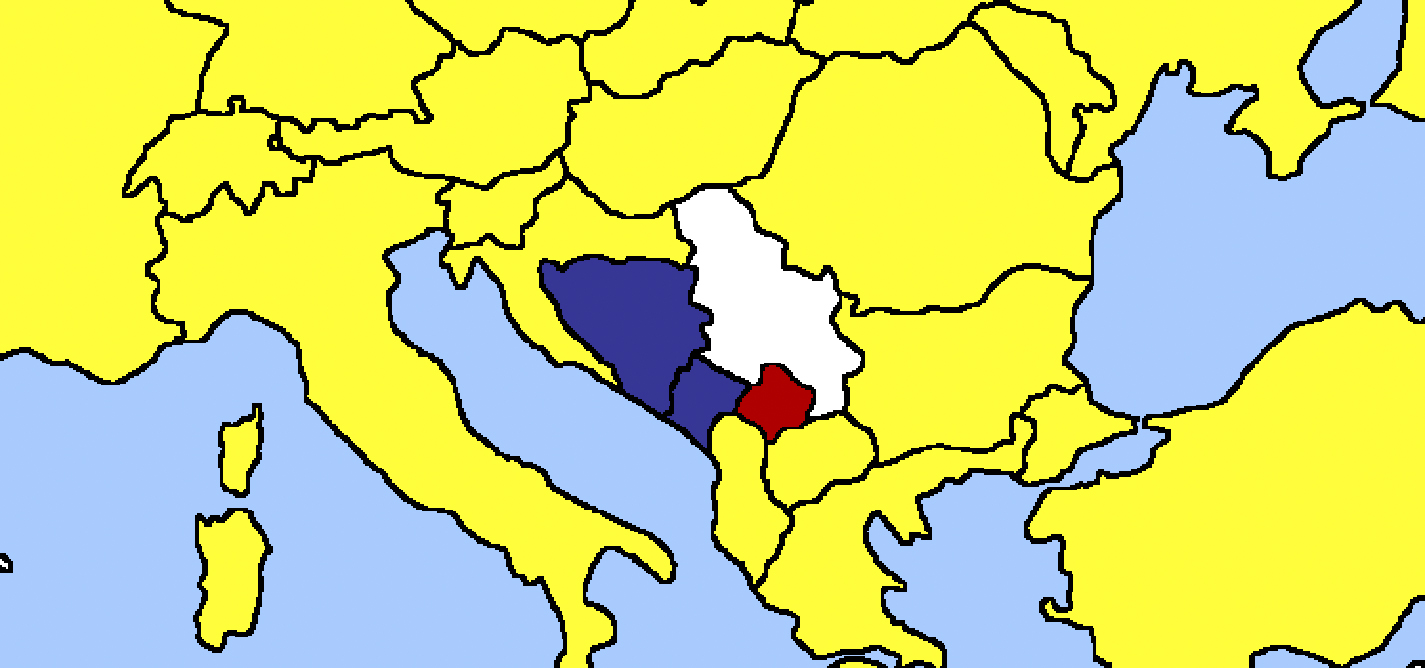
Russia’s interest in Kosovo’s elections
Moscow is closely watching uncertainty and challenges.
|23.08.2017
|
As the EU would become harder to grasp, Russia might actually ease the tone and show goodwill to Prishtina in order to overcome the deadlock.

Cosmin Ionita
Cosmin Ionita is an assistant professor at the Faculty of History, University of Bucharest, Romania. His research interests focus on Russian foreign policy in modern and contemporary history and the formation of the national states in the Balkans.
This story was originally written in English.